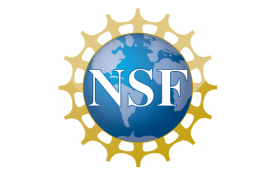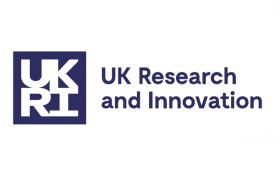-

New Research Finds Text Messages Can Help Predict Suicide Attempts
New research at UVA suggests that language used in text messages may one day help clinicians predict an increased risk of a suicide attempt in real time.
-
The Outsize Influence of Your Middle-School Friends
No wonder, then, that researchers studying a phenomenon known as social buffering found some puzzling results when they studied teenagers. Social buffering is a way of describing the protective, positive effect of one individual on another. It describes the power of one person to reduce another’s stress. ... But how does that response change as kids grow older? That’s what the neuroscientist Dylan Gee, now at Yale University, wanted to know. She studies how brain circuits mature, and has found that puberty is a turning point for dealing with stress.
-

NSF Grants to Study Ethical and Responsible Research
The National Science Foundation (NSF) funds research looking at ethical and responsible approaches to conducting research. Topics to consider include professional ethics, codes of conduct, licensing requirements, membership in organizations, honor codes, and more.
-

New Research in Psychological Science
A sample of research on moral concerns and emotional responses, how children use probability to infer happiness, and implicit gender bias in descriptions of expected elections results.
-

New Research From Clinical Psychological Science
A sample of research on disgust theory in psychiatric medicine, affect during depression treatment, the role of perspective shifting in empathy toward others and the self, individual differences in personality disorders, and decision making processes in substance use disorders.
-

UK Climate Resilience Program Research Grants
Funded projects will raise awareness of what it means to work with uncertainty to build climate resilience in the real world and deliver useful knowledge to further inform practices and behaviors that build confidence in living with uncertainty.

